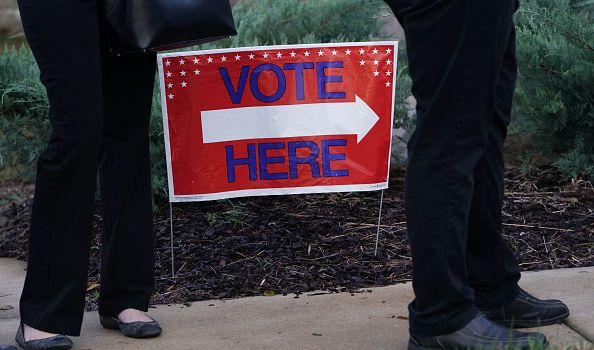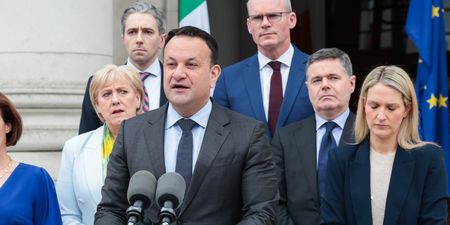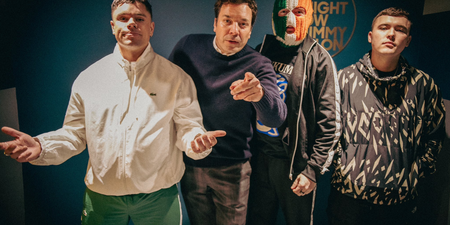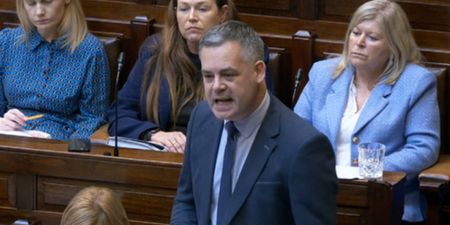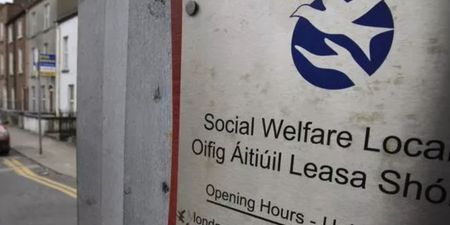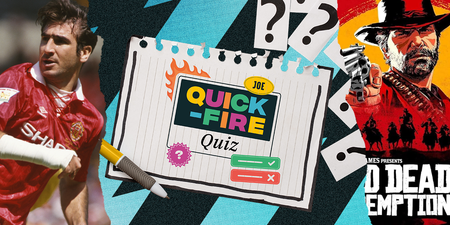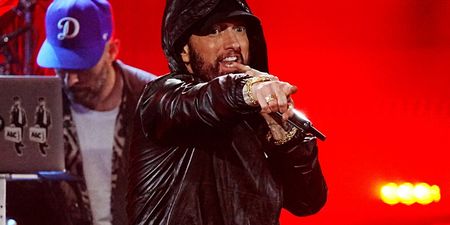It’s Election Day.
If you have any American friends on social media, or any Irish friends who watch too much of The West Wing, the chances are you’ve probably seen a few Facebook and Instagram posts urging people this week to vote.
“Vote for what?” I hear you saying. Okay well, shut up and I’ll tell you.
The mid-term elections are called the midterms because they come at the midpoint of the President’s four-year term in office. Pretty straightforward so far.
However, the American people aren’t voting on the president today, they’re voting on a whole wide range of state and local issues and offices. For example, 36 states will decide on their governor on Tuesday. Perhaps most importantly, they are voting in representatives to the Senate and to the House of Representatives (the House). Together, these two bodies make up the legislative branch of the American government, also known as Congress.
The Senate is the smaller chamber, with two senators per state — 100 senators total. Currently, there are 51 Republican senators, 47 Democrats, and two independents (Bernie Sanders and Angus King). 35 of those seats are being contested today (6 November).
The House has 435 voting representatives, divided proportionally to the population of each state. Each congress person represents a district within their state, rather than the state itself. The Republicans have a majority in the House with 235 congresspeople to 193 Democrats. Seven seats are currently vacant. All 435 seats are being contested today.
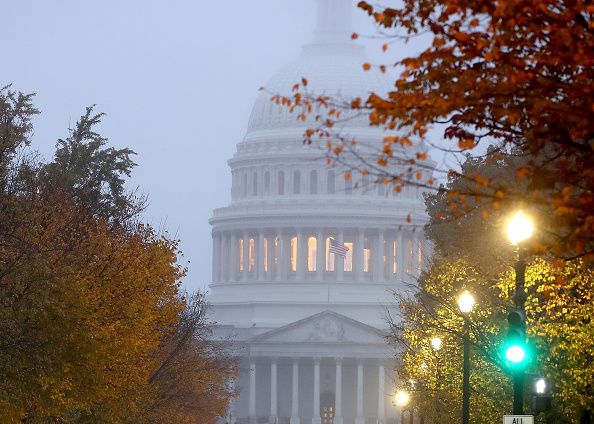
The President needs the support of both houses to pass most of his initiatives, but both houses also need the support of each other (and the President) in order to pass their initiatives — so it’s supposed to be a three-way street that encourages compromise.
In recent years, as America has grown more deeply divided along partisan lines, this is becoming the case less and less. Current Senate Majority Leader, Mitch McConnell from Kentucky, started this trend with a policy of “obstructionism” — using the powers of the Senate to stand in the way of many of President Barack Obama’s proposals.
As it stands, Republicans control both the House and the Senate, which is to say that Trump should have very little problem achieving what he wants. It is probably a testament to his inexperience and recklessness that he hasn’t managed to achieve more. Several Republican senators, notably John McCain, have voted against major proposals, such as the American Health Care Act.
While each state has local issues to decide, the midterms are also often perceived as an unofficial referendum on the president. Having entered office on a ray of hope in 2008, Barack Obama’s Democrats were handed a bruising in 2010, largely thanks to the economic climate. It is typical enough that the party of the President will take a hit at the midterms.
If Republicans lose a lot of seats this time around, it will be perceived as a pushback from the American people against Trump’s agenda. If the Republicans should lose control of either house, it could result in a very serious obstacle to Donald Trump’s remaining years in office. It will also give Trump’s opponents more scope to investigate his behaviour.
The midterm elections are also often a time when local politicians make a name for themselves on a national level. We have already seen that with Beto O’Rourke, the Democratic challenger to Senator Ted Cruz in Texas. Cruz is expected to keep his seat in the Senate, but a win for O’Rourke would send a real signal to Republicans that their “safe” seats aren’t as safe as they think.
Andrew Gillum, who is running for the office of Governor of Florida, has also gone viral during the campaign, after he responded to the idea that his opponent Ron DeSantis is a racist by saying: “A hit dog will holler… I’m not saying you’re a racist, but the racists think you’re a racist”.
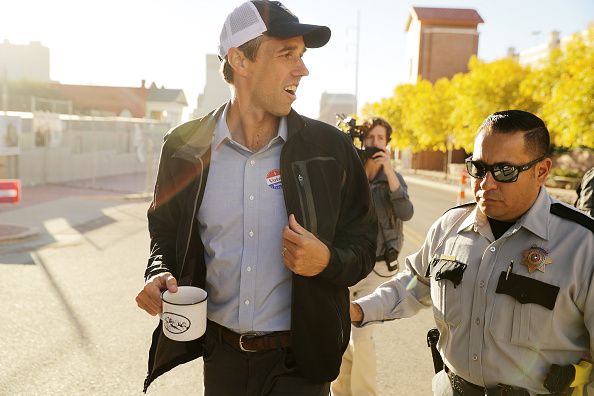
They’re vying for the seat vacated by Rick Scott, who is running against four-term Democrat Bill Nelson for his Senate seat. An emphatic result for either party in such a swing-state would represent significant momentum going into the 2020 presidential election.
Tennessee is another interesting race. Taylor Swift recently broke her decade of political silence to stand up for LGBT rights and equality and endorse a vote for Democrat Phil Bredesen, slamming Republican candidate and staunch Trump supporter Marsha Blackburn in the process. If Bredesen wins, he’ll be Tennessee’s first Democrat Senator since Al Gore in the early 1990s. It would also represent a sharp turnaround in a state Trump won by 26% in 2016.
Polling aggregator 538 is projecting that the Republicans will indeed lose control of the House of Representatives this time around. They are projecting a 39-seat gain for the Democrats.
But their algorithm has also given them an equally strong chance of retaining control of the Senate. The Democrats are defending 26 of the 35 Senate seats, which means a good day for the GOP would see them increase their majority the upper chamber.
Polls will close between 11pm (6 November) and 2am (7 November) Irish time.
LISTEN: You Must Be Jokin’ with Conor Sketches | Tiger Woods loves Ger Loughnane and cosplaying as Charles LeClerc
